Medea at the Coronet Theatre
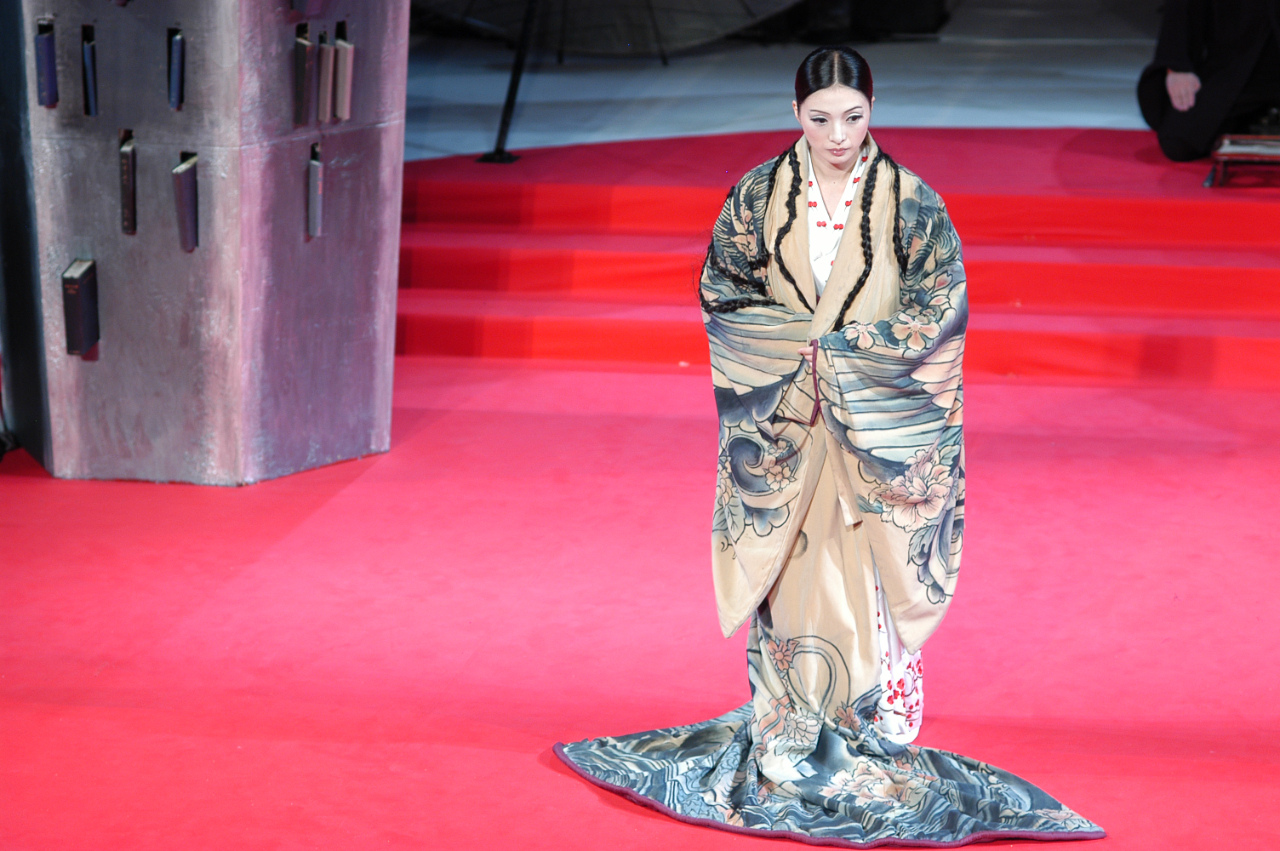
The Coronet Theatre in Notting Hill feels less like a venue and more like a well-kept secret. Its bar, lined with books, paintings, flickering candles and an old piano, invites you to linger. The ceilings are low, the rugs are worn, the atmosphere thick with memory. You don’t just attend a performance here; you’re drawn into its world.
That world now houses Medea, the Greek tragedy by Euripides, reimagined by the acclaimed Japanese director Satoshi Miyagi, Artistic Director of the Shizuoka Performing Arts Center (SPAC). After touring 20 cities across eleven countries, his production arrives in London for a four-night run. But this is no classical rendering. The temples and tunics are gone. In their place, Miyagi relocates the tragedy to Japan’s Meiji era – a period of modernisation and rigid social control. In this setting, Medea becomes more than a story of betrayal. It emerges as a stark meditation on 19th-century patriarchy and the quiet violence of silencing a woman.
Medea unfolds as a play-within-a-play, set in a traditional Japanese restaurant where male diners are served not just food but performance. The waitresses, their heads veiled in white cloth, arrive faceless and indistinguishable. The men, positioned as both audience and authority, assign them roles from the myth. Voice and movement are split. The men deliver the lines while the women act them out in silence. This formal division becomes a central idea. The female body becomes a vessel. The male voice takes ownership of the narrative.
The familiar arc of the story remains. Jason, in pursuit of a higher social standing, abandons Medea to marry the daughter of Creon, the king of Corinth. Medea, betrayed and exiled, poisons the princess and Creon. In the final and most brutal act, she murders her own child. In Miyagi’s hands, each of these moments becomes a reckoning. Medea has no legal ground to stand on. Her only recourse is vengeance.
Micari gives form to Medea’s body, moving with a taut, deliberate grace. Her counterpart, Kazunori Abe, supplies the voice. Together, they form a divided self – her body bearing the weight of suffering, his voice shaping its meaning. The dissonance between them is not just a theatrical device but a central theme: Medea is denied the right to tell her own story. She must endure it while another gives it language.
The supporting cast, composed of SPAC regulars, moves with the stylised restraint of Japanese classical theatre. There are echoes of Noh and kabuki, as well as a ghostly fluidity that recalls shadowplay. Each tableau is meticulously composed. Scenes unfold like painted screens, rich with ritual and restraint. The costumes evoke the Meiji period with quiet accuracy. Shimmering curtains frame the stage, rising and falling with mechanical poise, like the turning of pages. Objects such as trays, fans and silk are handled with reverence, their symbolic weight left to resonate. Every motion is measured, each pause eloquent.
Live music, composed by Hiroko Tanakawa and performed by an all-female ensemble in traditional Japanese style, plays a central role in the production. Percussion drives the rhythm of the narrative, not by underscoring emotion but by sharply defining it. A single drumbeat can shift the atmosphere or signal a turning point. Lighting is equally precise, with each transition carefully timed. Red tones wash over the stage at Medea’s most desperate and violent moments, casting her actions in the unforgiving glow of blood.
Though the performance is entirely in Japanese, surtitles provide English translation. But the language barrier never feels like an obstacle. If anything, the separation between speech and action heightens the experience. What is not said, or cannot be said, carries greater weight. You don’t get bored for a second.
There isn’t a dull moment. Running just 80 minutes with no intermission, the production unfolds with unrelenting momentum. Medea’s final act, a slow, silent walk toward her son, knife in hand, is almost unbearable in its composure. It is both beautiful and horrifying.
Miyagi’s Medea is not merely a reinterpretation of a classic text; it is a reframing of who gets to speak, who is heard, and who is left to bear the consequences in silence. Rooted in the social strictures of a particular historical moment yet resonating far beyond it, this production speaks to the timelessness of suppressed voices and controlled narratives. At the Coronet Theatre, the tragedy unfolds like a whispered scream – precise, poetic and quietly shattering. You leave not so much applauding as holding your breath, knowing you’ve witnessed something rare and devastating.
Constance Ayrton
Photos: Takuma
Medea is at the Coronet Theatre until 21st June 2025. For further information or to book, visit the theatre’s website here.


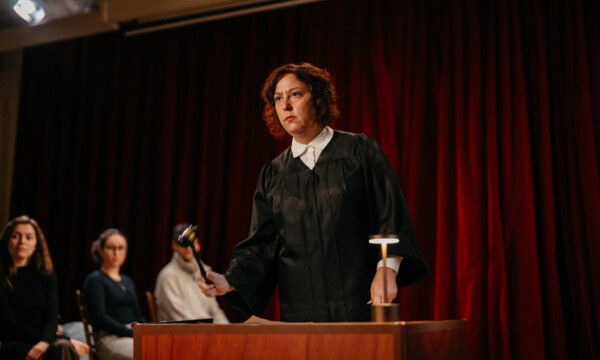
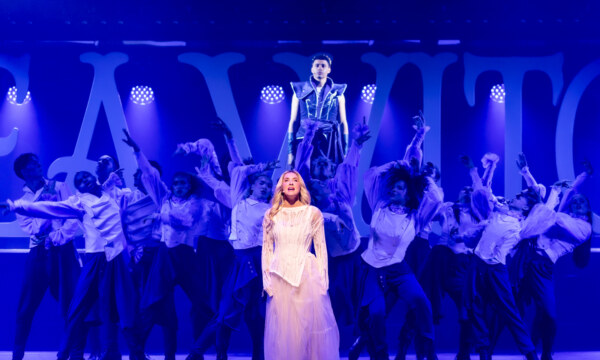
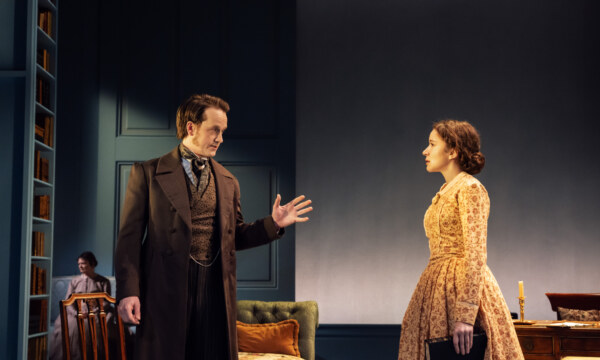


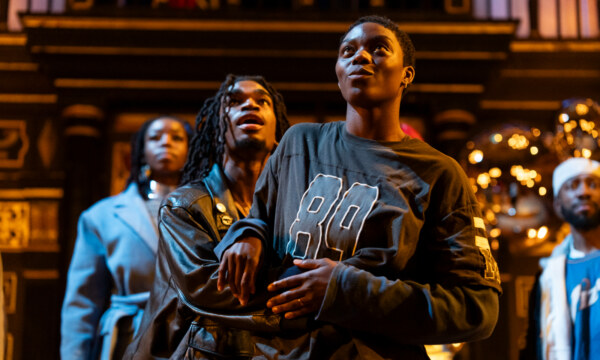

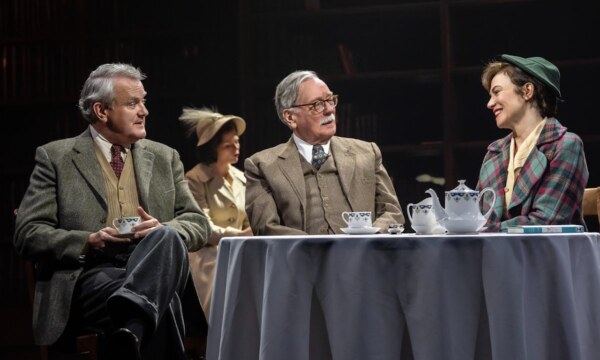




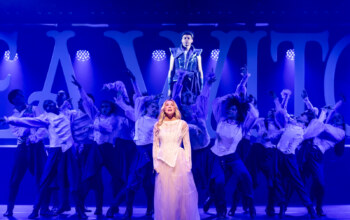


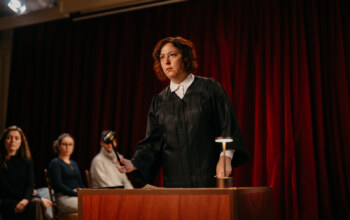





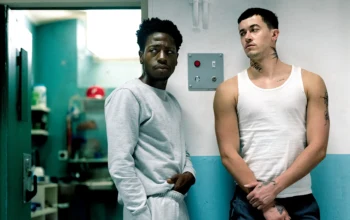
Facebook
Twitter
Instagram
YouTube
RSS